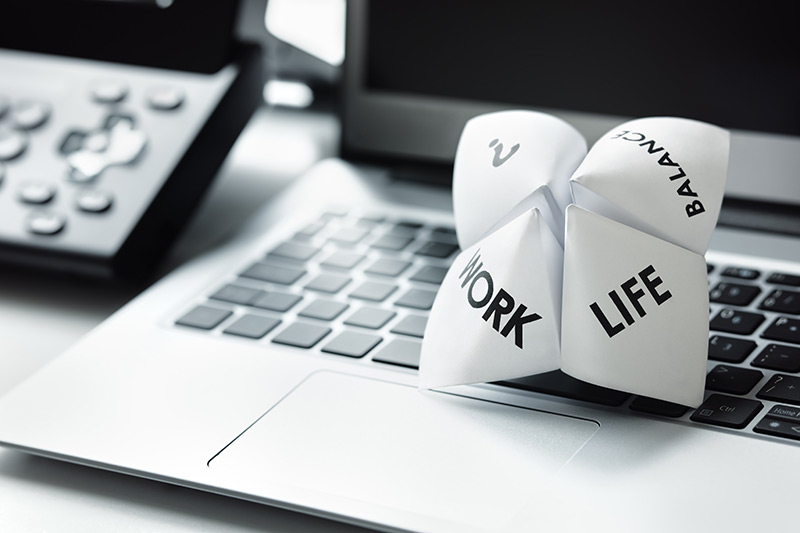How millennials define work-life balance
As a legal recruitment consultant, who works remotely, the conversation of work-life balance is one that often comes up when speaking with candidates. Millennials now make up over 50% of the current working population so it comes as no surprise they are affecting the way all generations look at work-life balance. The legal sector is no exception, according to a study by Cushman & Wakefield in collaboration with ALM and Law.com, millennials account for 43% of lawyers, and now outnumber Gen Xers and baby boomers in the legal industry.
So, what exactly is work-life balance from a millennial lawyer’s point of view? Here are some key ways millennials are defining (and, in some cases, redefining) work-life balance:
Long-term
Millennials aren’t driven by the thought of working hard for the next 40 years and then retiring. Rather, they are driven by the idea of building a life and career that can withstand the continuous reinventions and pivots that their careers, over the long term, in the 21st century will require.
Integrated
Millennials are more interested in leveraging today’s tech to integrate work and life versus just balancing them. The term “work-life balance” implies that work is separate from life, but, in reality, it’s all life. Forcing people to put work and life into separate boxes that never overlap is unrealistic in today’s always-on world.
Engaged
Millennials view work-life balance as being fully engaged with the task, activity, or people they are currently involved with. Work-life balance isn’t necessarily about physical time and place, but rather about the state of mind and mental margin that they experience. (Some millennials may need reminders from their managers or leaders to know when to turn off these distractions to ensure they can be fully present in order to maximize their engagement – hey, nobody’s perfect!).
Fluid
Millennials want work-life balance to be fluid, free, and flexible to prioritize whatever (work or life) is most important that day. To them, work-life balance means not having rigid boundaries between work and life. A more fluid approach ensures less stress.
Personal
Millennials want all aspects of their professional and personal lives to receive the same level of attention, priority, and progress. They are seeking a healthy mix of achieving professional goals and time to pursue their personal goals. A sense of freedom and flexibility to be fulfilled and supported in both their personal and professional endeavors is critical. An example might be traveling for work and then staying an extra day to explore the area (while remaining available to be reached for work-related items that come up) or doing what needs to be done at work and then attending a child’s school function later that day.
To millennials, work-life balance is about figuring out what matters most to them and taking the required steps to make those goals a reality.
Interested in reading more on this topic? Check out our blog post, Tips for achieving work-life balance
Jordan Priest, Recruitment Associate
403.444.1760


